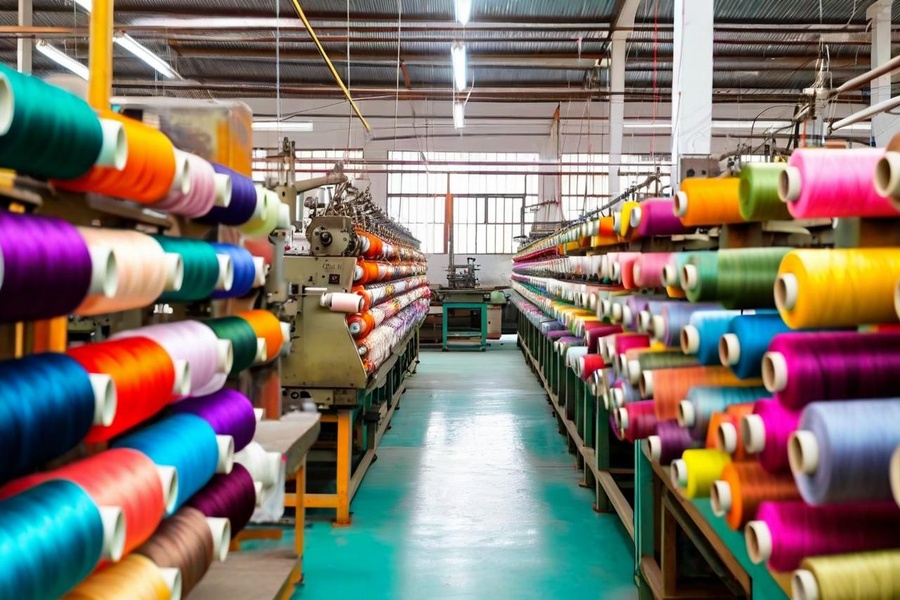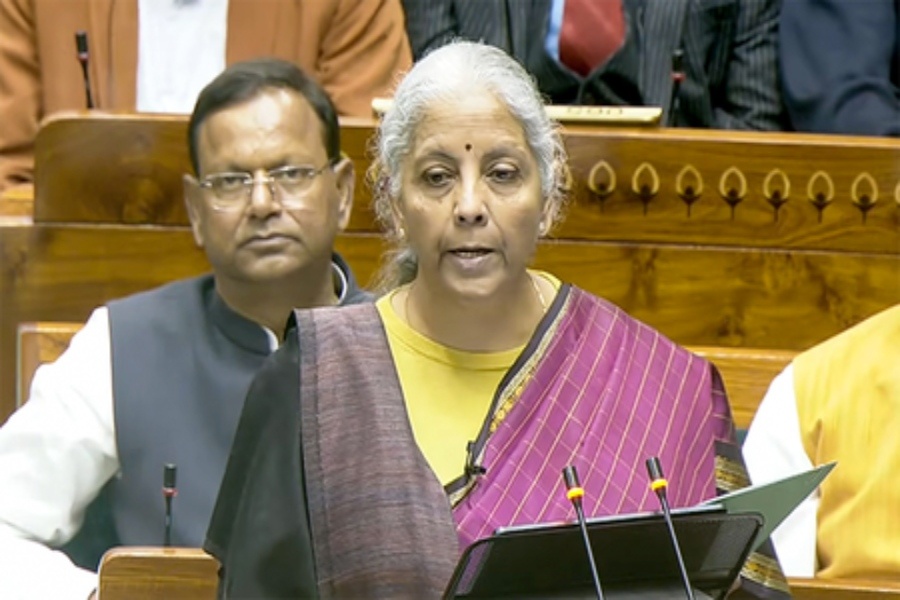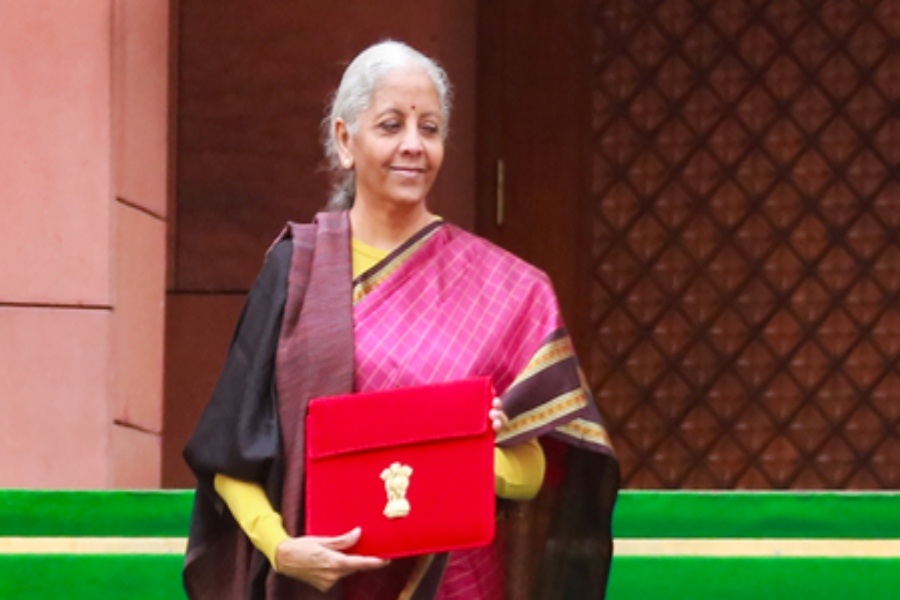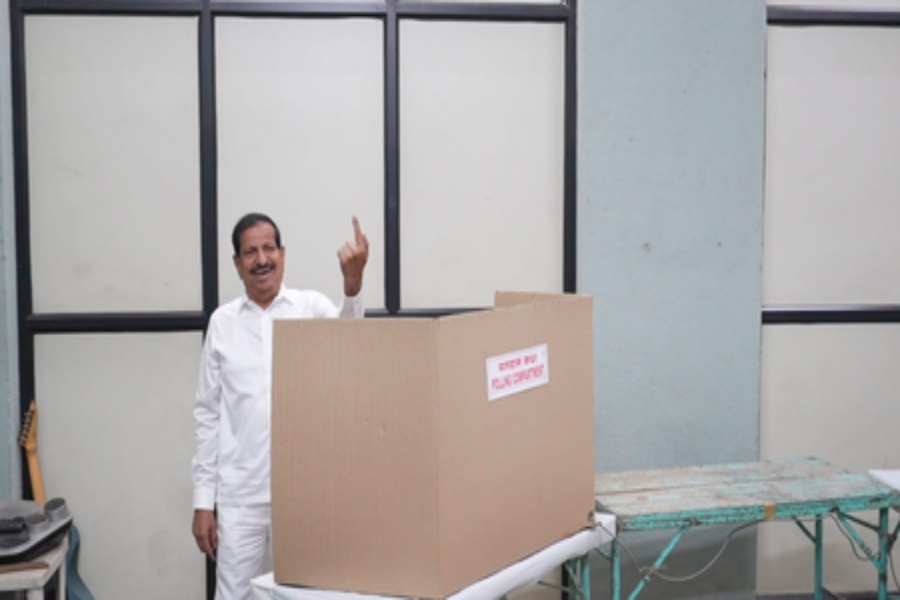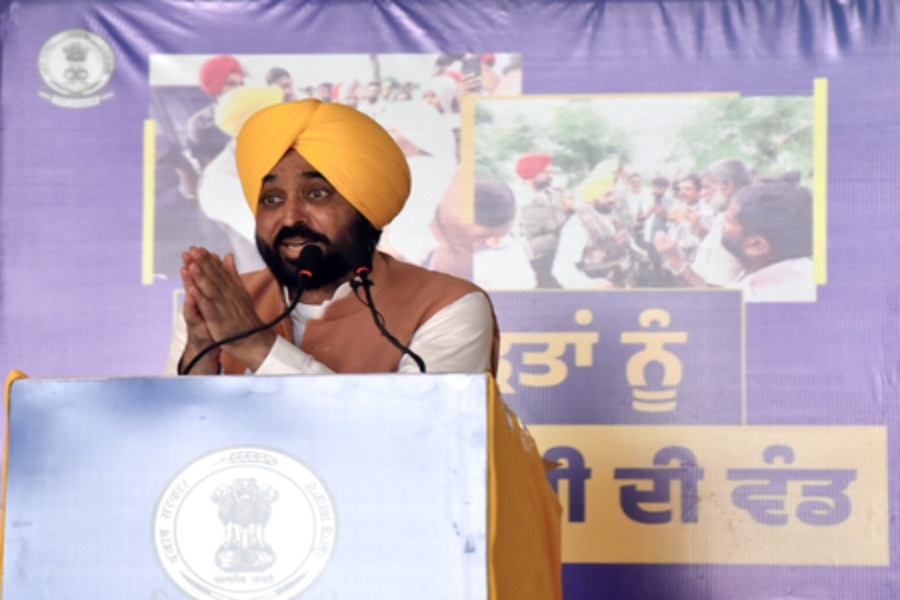The government on Friday said that next-generation GST reforms will act as a catalyst for India’s textile sector, paving the way for it to become a $350 billion industry by 2030.
The Ministry of Textiles said it will work closely with exporters, artisans, entrepreneurs, and other stakeholders to ensure smooth implementation of the reforms, which are aimed at reducing costs, removing structural anomalies, sustaining jobs, and strengthening the value chain—from fibre to fashion to foreign markets.
The reforms are in line with Prime Minister Narendra Modi’s “5F” vision — Farm to Fibre to Factory to Fashion to Foreign — which seeks to establish India as a global textile hub.
Key Changes in GST
Garments & Made-ups: The 5% GST rate now applies to apparel priced up to ₹2,500 per piece (earlier ₹1,000), making affordable clothing cheaper, particularly for middle- and low-income households. The move is expected to revive demand in tier-2, tier-3 towns, and rural markets.
Employment Impact: Higher demand will support jobs, especially for women in stitching, tailoring, and finishing units. It will also help domestic brands compete against cheaper imports in the low- and mid-price segments.
Fibres & Yarns: GST has been reduced from 18% to 5% on fibres and from 12% to 5% on yarns, correcting the inverted duty structure and easing working capital burdens. This will particularly benefit small and medium units in the man-made fibre (MMF) segment, making Indian synthetic textiles more competitive globally.
Carpets & Handicrafts: The GST rate has been cut from 12% to 5% on carpets, floor coverings, 36 handicraft items, handwoven carpets, and cotton rugs. This is expected to boost exports from clusters like Bhadohi and Srinagar while supporting artisans and rural livelihoods.
Additional Benefits
The government has simplified refund procedures for zero-rated supply and inverted duty structure cases through a system-driven risk evaluation process. It has also removed the ₹1,000 threshold for courier/postal consignments and introduced a simplified GST registration scheme for small, low-risk businesses.
“These measures will reduce costs, boost demand, and enhance India’s global competitiveness, while giving a strong push to the fibre-neutral policy ensuring balanced growth of both cotton and man-made segments,” the ministry said.

